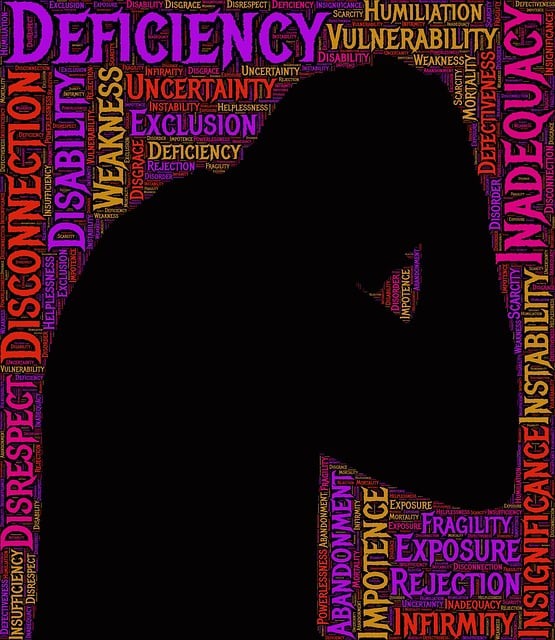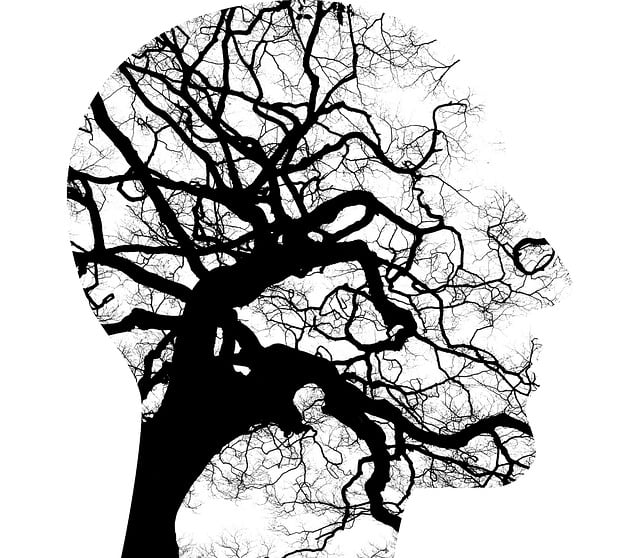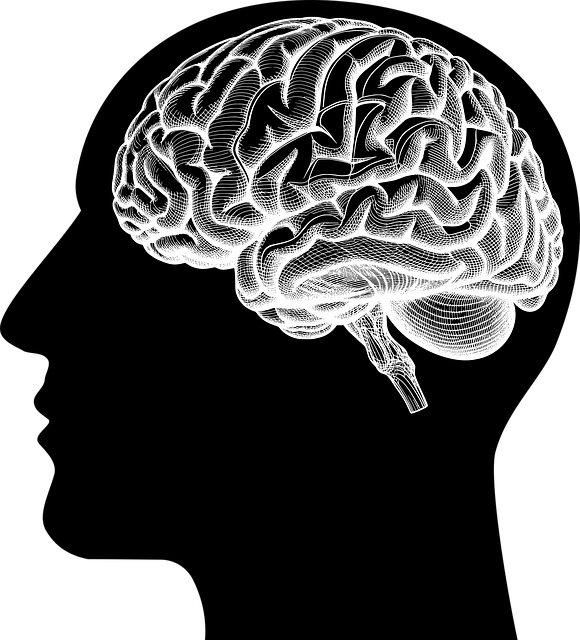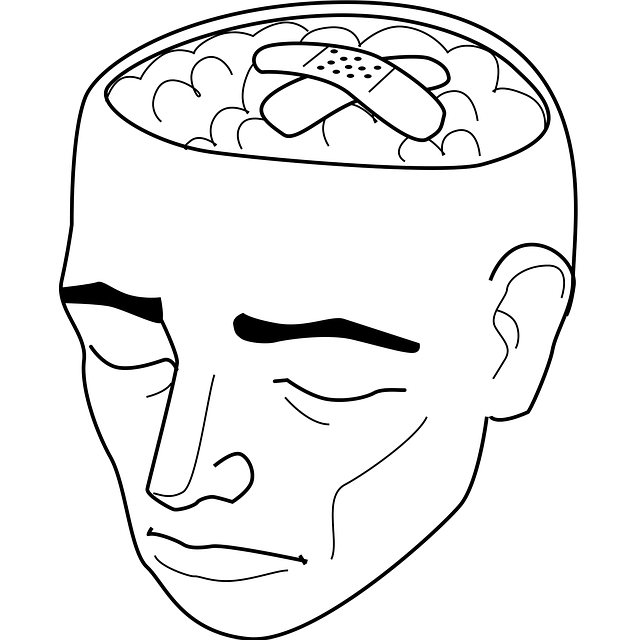Westminster Young Adults Therapy (WYAT) tackles rising substance abuse among young adults through proactive measures and holistic approaches. They offer tailored programs like Mental Health Education, Self-Esteem Improvement, and journaling exercises to empower individuals with knowledge and healthy coping strategies before addiction starts. WYAT incorporates CBT for long-term recovery, teaching clients how thoughts impact actions and providing tools to manage cravings and triggers. By focusing on resilience, emotional well-being, and support systems, they aim to reduce abuse through early intervention, education, and community engagement.
Substance abuse among young adults poses significant risks, yet proactive strategies can mitigate these dangers. This article explores comprehensive approaches to risk reduction, focusing on early intervention, prevention, and evidence-based therapies like Westminster Young Adults Therapy. We delve into holistic strategies that address the root causes of addiction while fostering resilience through coping mechanisms and supportive networks. By understanding the unique challenges faced by young adults, we can empower them with tools for long-term recovery and a brighter future.
- Understanding Substance Abuse Risks Among Young Adults
- The Role of Early Intervention and Prevention Strategies
- Westminster Young Adults Therapy: A Holistic Approach to Risk Mitigation
- Cognitive Behavioral Therapies for Long-Term Recovery
- Building Resilient Coping Mechanisms and Support Systems
Understanding Substance Abuse Risks Among Young Adults

Substance abuse among young adults is a growing concern, with potential long-lasting effects on their mental and physical health. Understanding the risks associated with substance misuse during these formative years is essential for developing effective prevention strategies. The transition from adolescence to adulthood often involves significant life changes, stress, and a quest for identity, making young adults more susceptible to experimenting with drugs or alcohol. This period of vulnerability can be exacerbated by peer pressure, access to substances, and a lack of knowledge about the harmful impacts.
Westminster Young Adults Therapy highlights the significance of early intervention and education. By raising public awareness through campaigns that target this demographic, we can foster an environment that discourages substance abuse. Incorporating practices such as Mindfulness Meditation into therapeutic approaches can empower young adults to develop healthier coping mechanisms. Additionally, Cultural Sensitivity in Mental Healthcare Practice is vital to ensure that support services are accessible and tailored to the diverse needs of this age group, addressing any unique challenges they face related to substance abuse.
The Role of Early Intervention and Prevention Strategies

Early intervention and prevention strategies play a pivotal role in mitigating substance abuse among young adults. By targeting at-risk individuals before the onset of addiction, Westminster Young Adults Therapy offers life-changing support through tailored programs designed to strengthen resilience and promote healthy coping mechanisms. These interventions often include Mental Health Education Programs that equip young people with knowledge about substance misuse, its risks, and alternative ways to manage stress or emotional challenges.
Furthermore, activities like Self-Esteem Improvement initiatives and Mental Wellness Journaling Exercises are integral to prevention strategies. They foster self-awareness, encourage positive self-talk, and provide outlets for expressing emotions, thereby enhancing mental wellness and reducing the allure of substance abuse. Through these comprehensive approaches, Westminster Young Adults Therapy not only prevents addiction but also empowers young adults with lifelong skills to thrive in a substance-free lifestyle.
Westminster Young Adults Therapy: A Holistic Approach to Risk Mitigation

Westminster Young Adults Therapy (WYAT) offers a comprehensive and holistic approach to risk reduction for substance abuse, addressing the complex interplay between mental health and addiction. This therapy goes beyond traditional treatment models by incorporating various strategies tailored to young adults. WYAT recognizes that this demographic faces unique challenges, including academic pressures, social influences, and limited access to resources, all of which contribute to elevated substance abuse risks.
Their approach encompasses a multi-faceted strategy that includes individual therapy sessions, group support groups, and community outreach programs. The therapy encourages mental wellness journaling as an exercise to help clients process their emotions, track progress, and develop healthy coping mechanisms. By combining these methods, WYAT aims to empower young adults with the tools necessary for long-term recovery while also advocating for a robust Mental Health Policy Analysis and Advocacy approach to ensure accessible and comprehensive support systems within the community. The implementation of such programs fosters a supportive environment, promoting positive mental health and reducing substance abuse risks effectively.
Cognitive Behavioral Therapies for Long-Term Recovery

Cognitive Behavioral Therapies (CBT) have proven to be highly effective tools for long-term recovery from substance abuse, particularly among Westminster Young Adults Therapy clients. CBT focuses on identifying and modifying negative thought patterns and behaviors that contribute to drug or alcohol misuse. By helping individuals understand how their thoughts influence their actions, CBT equips them with coping strategies to manage cravings, stress, and triggers effectively. This form of therapy encourages active participation in one’s recovery, promoting self-awareness and personal growth.
Through CBT, individuals learn valuable skills like conflict resolution techniques, which are essential for navigating interpersonal relationships, a key aspect of self-care routine development for better mental health. Additionally, healthcare providers can benefit from burnout prevention strategies to maintain their well-being while supporting others in recovery. These comprehensive approaches ensure that the road to long-term recovery is not just about abstinence but also about fostering resilience and overall mental wellness.
Building Resilient Coping Mechanisms and Support Systems

Building resilient coping mechanisms and support systems is a cornerstone in reducing substance abuse among young adults. Westminster Young Adults Therapy emphasizes self-awareness exercises that help individuals understand their triggers, emotions, and behaviors better. By fostering self-awareness, young adults can develop healthier ways to manage stress, anger, or sadness without resorting to substances. These coping strategies, when combined with empathy-building strategies, create a strong foundation for emotional well-being.
Support systems play an equally vital role in risk reduction. Encouraging open conversations about mental illness and stigma reduction efforts within communities can normalize seeking help. Westminster Young Adults Therapy encourages clients to build and maintain strong relationships with family, friends, and support groups. These connections provide a safety net during challenging times, reducing the likelihood of turning to substances as a coping mechanism.
Substance abuse among young adults poses significant risks, but a multi-faceted approach to prevention and treatment can significantly reduce these dangers. By combining early intervention with holistic therapies like Westminster Young Adults Therapy, cognitive behavioral strategies, and the development of resilient coping mechanisms, we can empower young individuals to avoid substance misuse and lead healthier lives. These comprehensive risk reduction strategies are crucial in fostering a brighter future for our youth.









